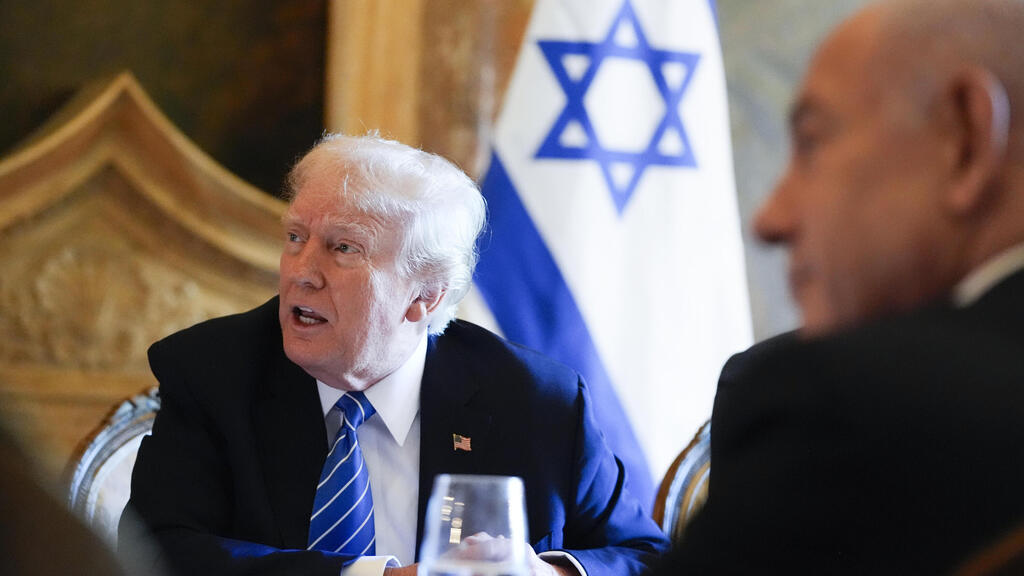Prime Minister Benjamin Netanyahu must decide on Wednesday whether Israel will notify the International Criminal Court (ICC) in The Hague of its intention to appeal the arrest warrants against him and former defense minister Yoav Gallant or ignore them and wait for sanctions to be imposed by U.S. President-elect Donald Trump's administration against the court.
Experts recommended that Netanyahu appeal, arguing that Israel has a "case" and that the decision is flawed. On the other hand, ministers and other officials oppose this, believing Israel should ignore the warrants since an appeal would implicitly acknowledge the court's authority. The deadline to respond regarding Israel's intent to appeal is midnight.
2 View gallery


Prime Minister Benjamin Netanyahu, Yoav Gallant, International Criminal Court
(Photo: Haim Goldberg/Flash90, REUTERS/Piroschka van de Wouw/File Photo, )
On Tuesday, Netanyahu held a classified discussion on the arrest warrants but no decision was made.
Earlier, French Foreign Minister Jean-Noel Barrot was asked whether Netanyahu could be arrested if he visited France following the warrants issued against him by the International Criminal Court in The Hague.
"Questions of potential immunity for certain officials must be examined,” he said. Such a statement increases the likelihood of an appeal. Israel believes there’s a sense of international opposition to the issuing of the warrants.
Barrot told the France Info news site that "France is deeply committed to international justice and will act in accordance with international law based on its obligations to cooperate with the International Criminal Court," stressing that the court's law "addresses questions of immunity for certain leaders, which is ultimately subject to judicial authority."
Israeli lawmakers suggested ignoring the pending warrants and giving the court a "lesson" through paralyzing sanctions they believe the incoming Trump administration will impose, "forcing them to back down."
"The Americans are planning hellish sanctions against any country aiding the court and that will be the end of it," a senior Israeli official said. “We shouldn't beg a body we have no trust in," he added despite some indicating Israel could manage the situation if an inquiry committee is established.
Given the harsh reactions from senior members of Trump's incoming administration, Jerusalem is inclined to refrain from appealing and wait for developments on the international stage, particularly the anticipated severe response once the new U.S. administration assumes office on January 20.
"I predict the court will ultimately back down due to the unprecedented pressure that will be exerted on it,” An Israeli official familiar with the details said last week. “They’ve never encountered anything like this. They’ll be begging us to give them a way out. After learning a lesson that will knock them down a peg, we might consider helping them climb down from their tree."
Get the Ynetnews app on your smartphone: Google Play: https://bit.ly/4eJ37pE | Apple App Store: https://bit.ly/3ZL7iNv
The arrest warrants themselves can’t be appealed by Israel. The appeal would challenge the court's findings before the appellate chamber, which, even if filed, wouldn’t freeze the warrants. Israel has little confidence in the appeals chamber because it comprises non-lawyer diplomats from Mongolia, Peru and Japan.



